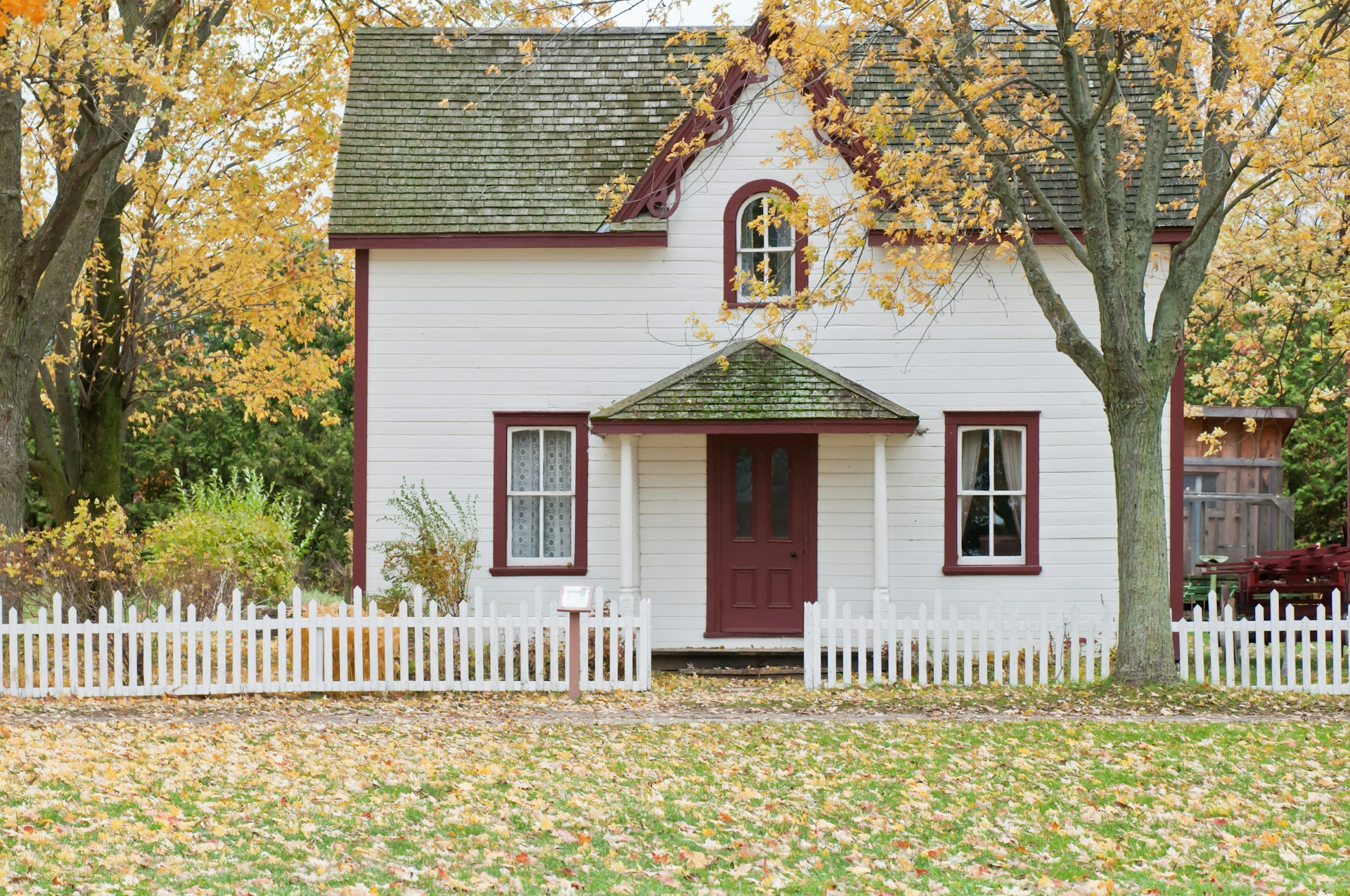Our homes are like well-oiled machines, with various systems quietly working in the background to maintain comfort and functionality. Unfortunately, many of these systems are often overlooked—until something breaks down! Regular maintenance is vital to keep these household systems running efficiently, prevent costly repairs, and extend their lifespan.
This blog covers the essential household systems that need regular maintenance, why it’s important, and tips to ensure they’re always in top shape.
Why Regular Maintenance Matters
Your home’s systems are critical investments that require care. Regular upkeep not only ensures they function optimally but also minimizes the risk of unexpected failure. Common household systems like plumbing, HVAC, electrical networks, and others need consistent attention to avoid wear and tear that could lead to safety issues and financial strain.
Benefits of Consistent Maintenance:
- Cost Savings: Preventative care is far cheaper than emergency repairs or complete system replacements.
- Energy Efficiency: Well-maintained systems consume less energy, reducing utility bills.
- Safety First: Routine checks can uncover potential hazards like gas leaks or faulty wiring.
- Longevity: Proper maintenance can extend the lifespan of appliances and systems, protecting your investment.
Now, let’s take a closer look at which household systems require regular maintenance.
1. HVAC (Heating, Ventilation, and Air Conditioning) Systems
Your HVAC system works tirelessly year-round to keep you comfortable, whether it’s heating during the winter or cooling during the summer.
Maintenance Tips:
- Replace air filters every 1 to 3 months to ensure efficient airflow.
- Schedule professional tune-ups twice a year—once in the spring and once in the fall.
- Inspect the ductwork for leaks or blockages, which can reduce energy efficiency.
- Ensure the outdoor unit is clean and free from debris like leaves or dirt.
Regular maintenance not only keeps your home comfortable but also helps reduce your electricity bill by increasing energy efficiency.
2. Plumbing System
Your plumbing system manages everything from clean water supply to waste removal—making it essential to maintain regularly. Minor issues like small leaks or clogs can escalate into significant problems if left unattended.
Maintenance Tips:
- Inspect pipes for leaks, rust, or condensation annually.
- Flush out your water heater at least once a year to remove sediment that collects over time.
- Check faucets and showerheads for mineral deposits and clean them as needed.
- Address high water pressure, which can damage pipes over time.
If you are considering modern upgrades, a tankless water heater in Utah is an excellent energy-efficient option for households looking to improve their plumbing systems.
3. Electrical System
Your home’s electrical system powers nearly everything, making its maintenance vital for safety and functionality. Faulty wires and overloaded circuits can lead to dangerous situations like fires.
Maintenance Tips:
- Inspect outlets and switches for discoloration or buzzing sounds, which could indicate a problem.
- Test GFCI outlets (especially in bathrooms and kitchens) monthly.
- Schedule an annual electrical inspection by a licensed electrician.
- Avoid plugging too many devices into a single outlet to prevent circuit overload.
Proactive maintenance ensures not only your system’s efficiency but also your family’s safety.
4. Roof and Gutters
Although not an interior system, your roof and gutters play a crucial role in protecting your home from weather damage. Neglecting these can lead to costly repairs, including water damage, mold, and weakening of your home’s structural integrity.
Maintenance Tips:
- Inspect your roof every six months for damaged or missing shingles.
- Clear gutters and downspouts of leaves, twigs, and debris regularly, especially after storms.
- Check for any leaks or pooling water in your attic.
- Consider a professional roofing inspection once a year.
Investing in proper upkeep prevents both cosmetic and structural damage to your home.
5. Water Filtration Systems
Homeowners using water filtration systems need consistent maintenance to ensure they deliver clean, safe, and great-tasting water.
Maintenance Tips:
- Replace the filters as per the manufacturer’s recommendations—usually every 3-6 months.
- Check for leaks around the filtration unit.
- Sanitize the system annually to prevent bacterial growth.
- For whole-house systems, schedule professional servicing to maintain optimal performance.
By keeping your water filtration system in top shape, you’re not only protecting your plumbing but also improving the quality of water you consume.
6. Kitchen Appliances
Your kitchen is the heart of your home, and keeping your appliances running smoothly is key. From refrigerators to dishwashers, these devices need regular TLC to avoid breakdowns and extend their lifespan.
Maintenance Tips:
- Clean refrigerator coils to improve energy efficiency.
- Run vinegar or a descaling solution through your dishwasher to remove mineral deposits.
- Check seals on your fridge and oven doors to ensure they close properly.
- Deep clean your oven to remove grease and reduce the risk of fire.
Proper maintenance of your appliances keeps your kitchen running efficiently without interruption.
7. Security Systems
For homeowners with security systems, regular upkeep ensures your home stays safe and secure. Whether you have a traditional alarm system or a modern smart security setup, don’t overlook its maintenance.
Maintenance Tips:
- Test smoke and carbon monoxide detectors monthly and replace batteries as needed.
- Ensure security cameras are functioning correctly and have a proper power supply.
- Update software for smart security systems to protect against cyber vulnerabilities.
- Review and update your emergency contact lists stored within your system.
A well-maintained security system provides peace of mind, knowing your home is protected.
Get Ahead of Repairs with Regular Maintenance
Your home is one of your most significant investments, and taking care of these systems ensures its value and functionality for years to come. By following these maintenance tips for your HVAC, plumbing, electrical, and other critical systems, you’ll not only save money but also enhance your living experience.
If you’re unsure how to create a maintenance schedule or need professional help with any system, consult experts in your area for assistance. Remember, small actions now can prevent big costs later. If you’re in need of a plumbing upgrade or are considering installing a tankless water heater, reach out to local trusted professionals to explore your options.





Be First to Comment